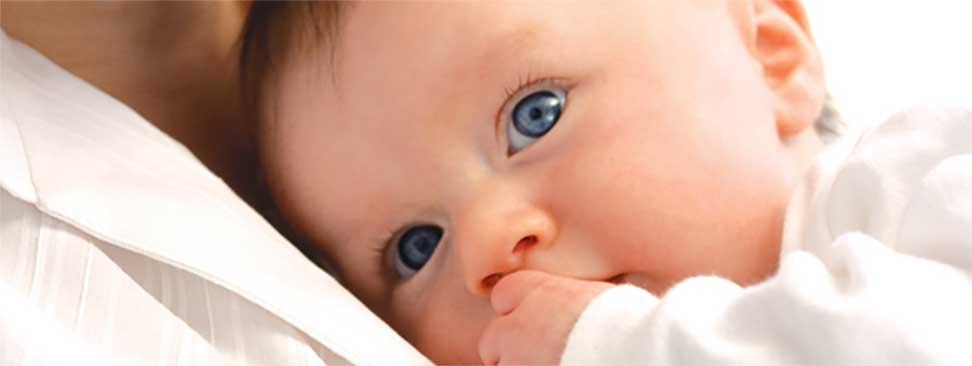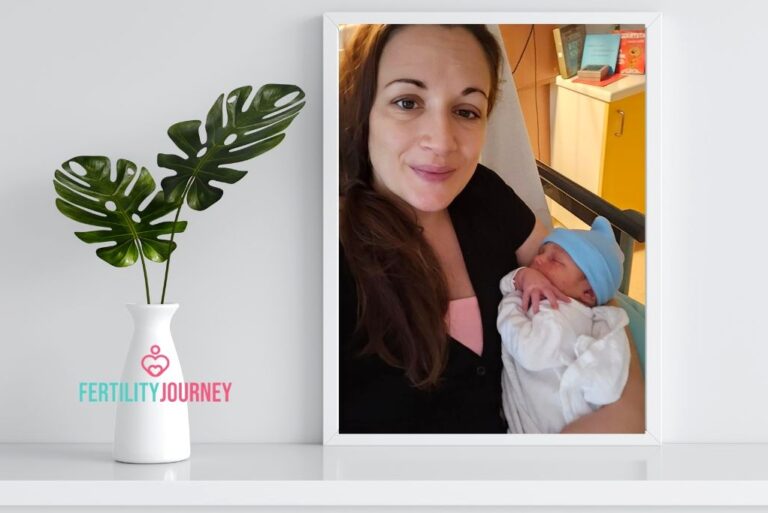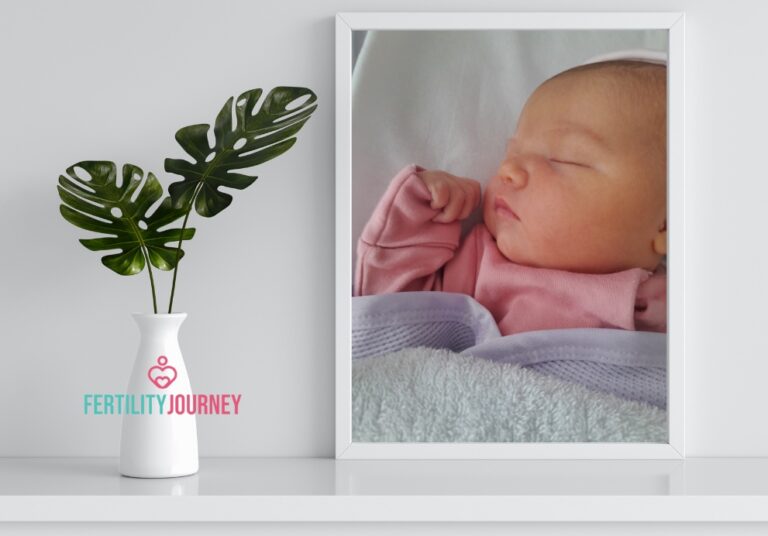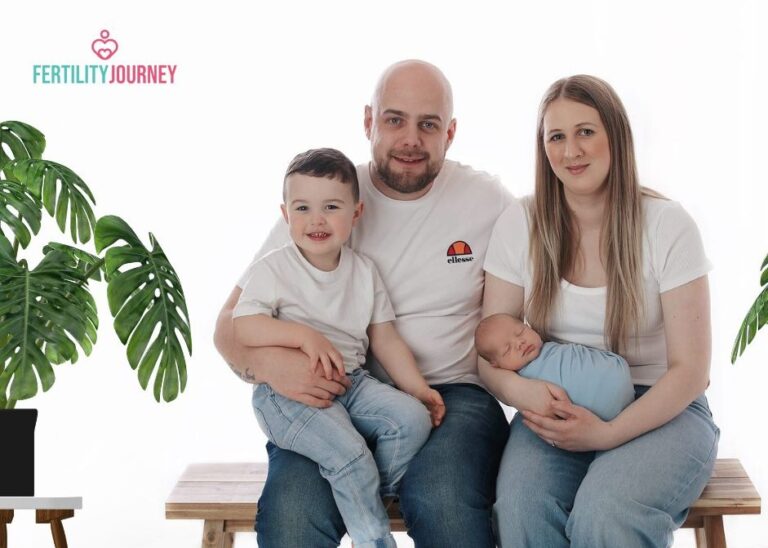We’re delighted to be able to reveal the chosen couple who have been selected by The Lister Fertility Clinic to undertake a fully-funded egg sharing programme for up to one year.
It was a tough selection process and it is with obvious regret that this opportunity cannot be extended out to all applicants, though in Christina and Patrick we believe we have found a couple who, whilst hoping their dreams come true, can offer a frank and candid insight into what happens throughout an egg sharing programme – something that will be of huge benefit to other Fertility Road readers potentially interested in exploring this option.
Please note: because of the legal framework surrounding egg sharing and the protection that needs to be offered to all participants, we have changed the names of those involved in this Fertility Journey.
LISTER FERTILITY CLINIC – OUR FERTILITY JOURNEY PARTNERS IN EGG SHARING
The Lister Fertility Clinic is committed to providing exceptional fertility services, and is one of the largest and most successful units in the UK.
Our team is honoured to participate in the Fertility Road Fertility Journeys project with our chosen couple, and we are grateful to Christina and Patrick who have agreed to take part. It is extremely generous of them to share their experience with couples who may be interested in a similar journey, and we hope this will help others to gain a greater understanding of the nature of the treatment, whilst eliminating some of the more common reservations regarding egg sharing.
Each month we have between 20 and 30 couples participating in the egg sharing programme with The Lister Fertility Clinic, and naturally it was difficult to select a couple for the Fertility Journey.
After reviewing several applications, Dr. Yau Thum met with Christina and Patrick in May 2015 and asked the couple to participate in the journey. After reviewing their medical history, Dr. Thum determined that IVF is the best way for the couple to achieve a family. It was explained to the couple that the egg sharing programme at The Lister Fertility Clinic has high success rates and treatment outcomes. Our data shows that the chances to achieve a positive outcome for the egg sharer are the same as those self-funded patients.
Together the couple have had two natural conceptions – sadly one was an ectopic pregnancy and the other ended in a miscarriage at the early pregnancy stage. In total Christina has had two ectopic pregnancies and has been diagnosed as having blockages in both fallopian tubes. This is what makes IVF the best treatment option for her.
We performed blood tests to check Christina’s AMH levels and also a pelvic ultrasound scan to determine her antral follicle count – this is to ensure that she has a good ovarian reserve.
If someone’s egg reserve is on the low side, we would not advise embarking on the egg sharing programme as it would be unfair to share eggs she may need for herself to achieve a family.
As routine for the egg sharing programme, we obtain information about the donor which includes educational background, obstetric history, hobbies, education, past medical history and family history.
Outside of the medical work, one of the most important steps in the egg sharing programme is for the couple to undergo counselling to discuss the legal and social implications of donations. To that end, our ethos is to ensure the couple are well informed and, most importantly, reassured that no identifiable information will be passed on to the recipient.
During the counselling, the couple also discuss the implications of egg donation in more detail, for example the HFEA registration. This registration outlines that the recipient will not fi nd out who the donor is and Christina will not find out who the recipient is. As a donor, the HFEA will hold her details so that if a child is born from her donation, that child (from the age of 18) will be able to contact the HFEA to find the contact details of the donor. However there is no obligation for the donor to meet with the child. The HFEA will contact the donor first before disclosing her personal details.
The outcome of the donation will not automatically be given to the donor or egg sharer because some may prefer not to know until they have their own family. Christina and Patrick understand that if they wish to find out the outcome of the donation they can contact us directly.
After the counselling session Christina and Patrick met with the egg donation nurse for what is called a ‘nurse’s consultation’. During this, the screening blood tests for IVF and egg sharing were performed, and consent forms – which are legally required for treatment and donation – were completed. During this time, the nurse also explained the IVF/egg sharing treatment process as well as recapping approximate timescales.
On the same day we sent a letter to Christina’s GP to confirm there are no medical problems running in the family, and also to confirm that she does not have any cardiovascular or respiratory issues, nor any allergies that would prevent her from donating.
More information can be found the Lister Fertility website or follow the Fertility Journey with Fertility Road




